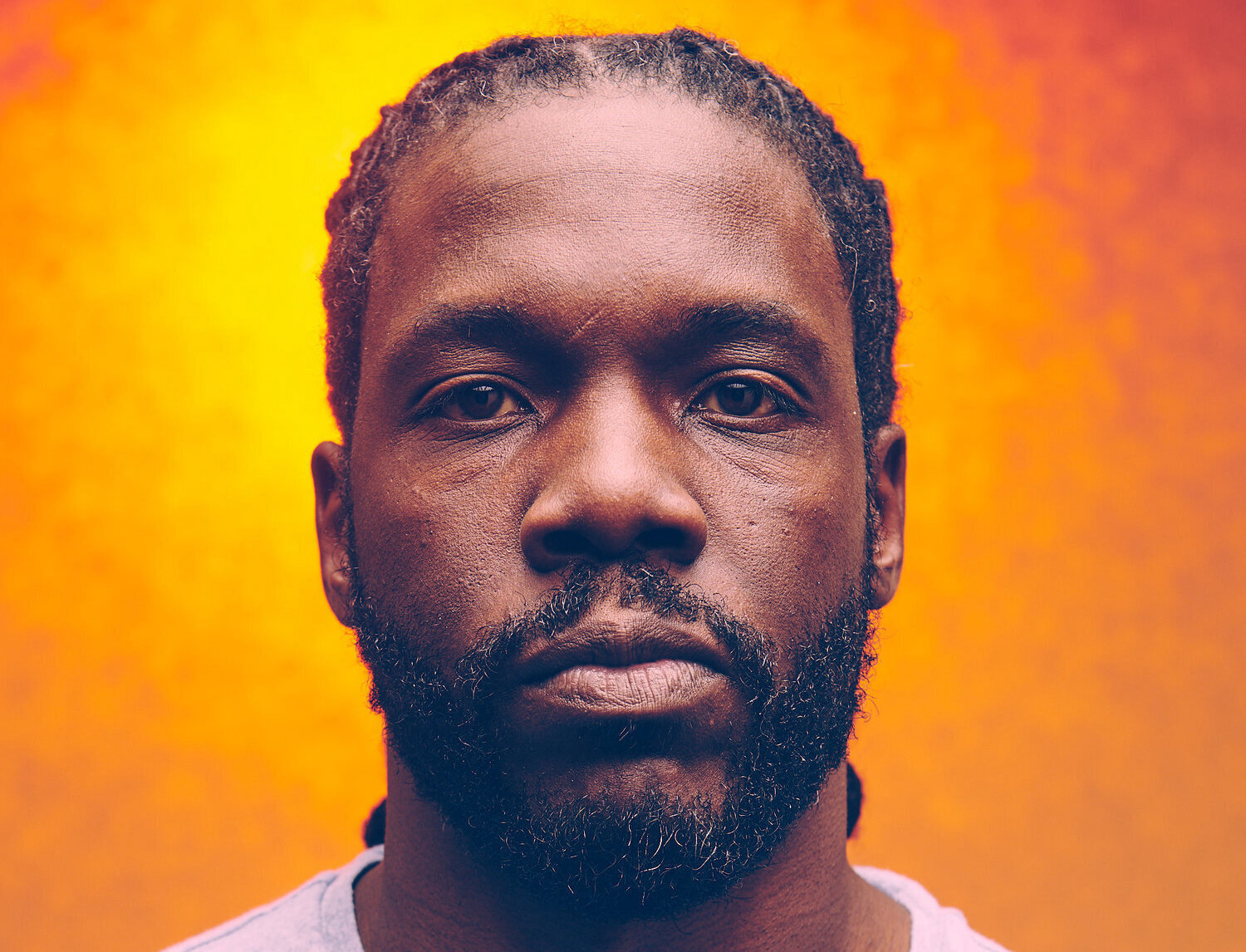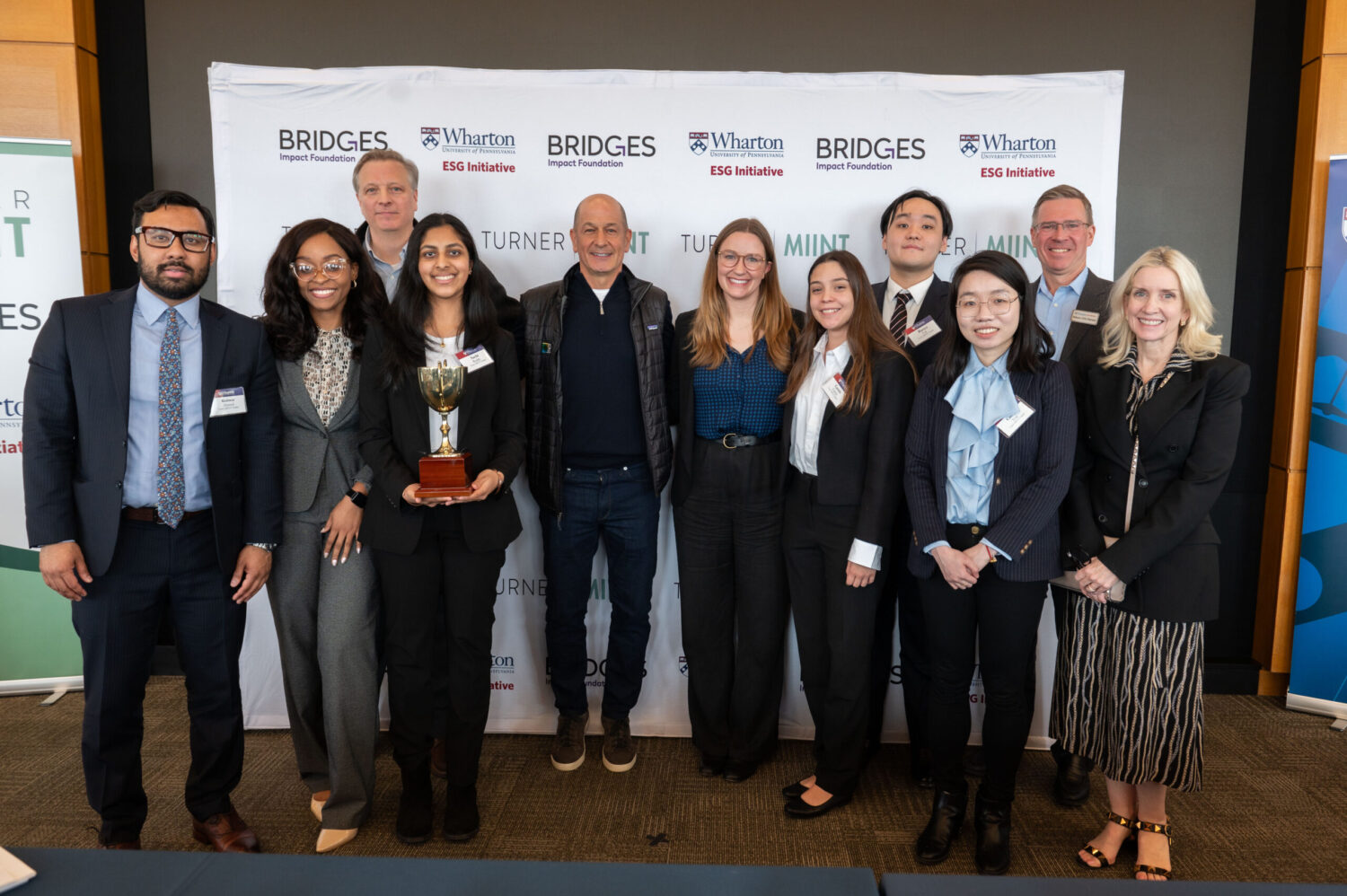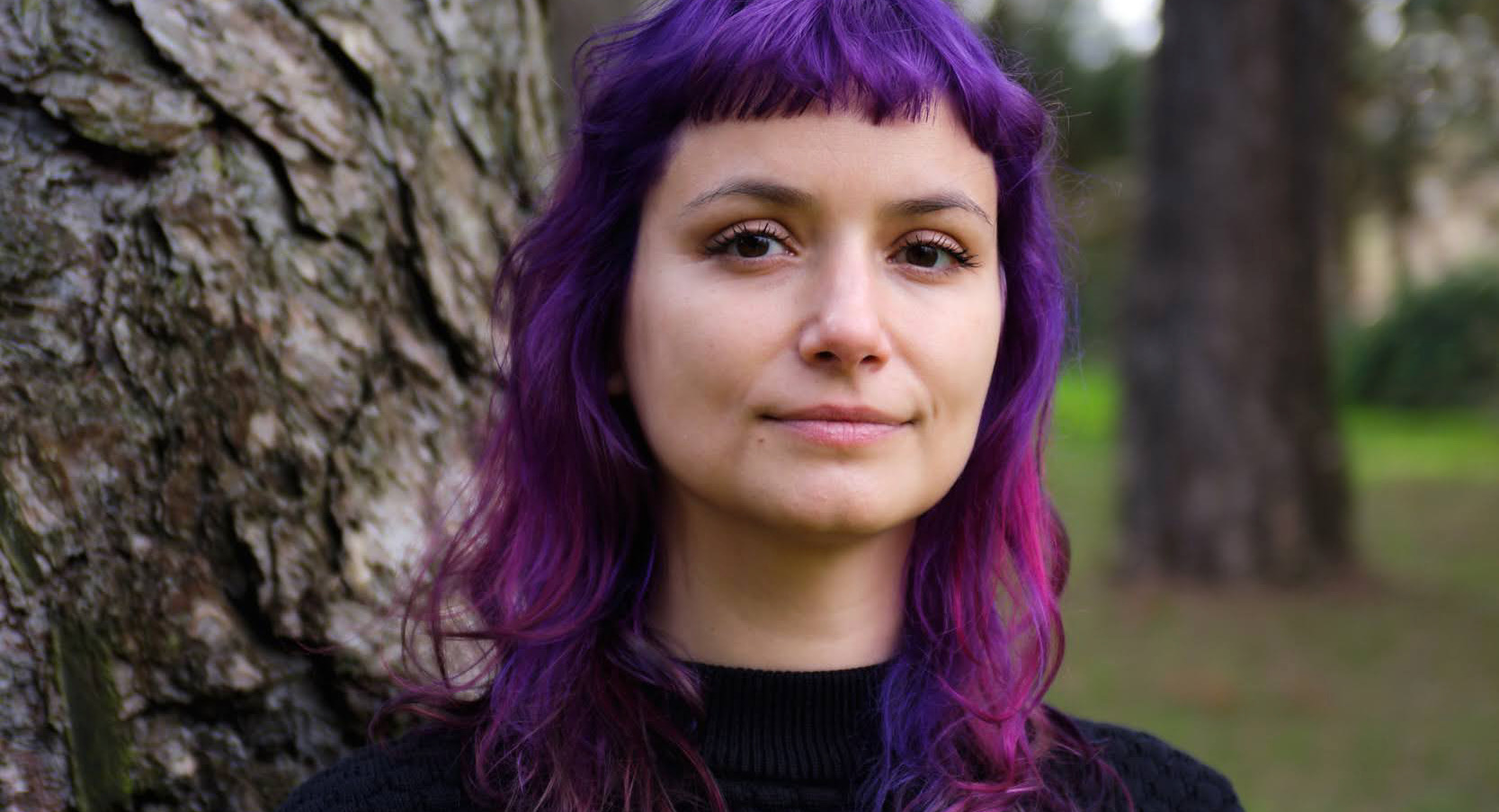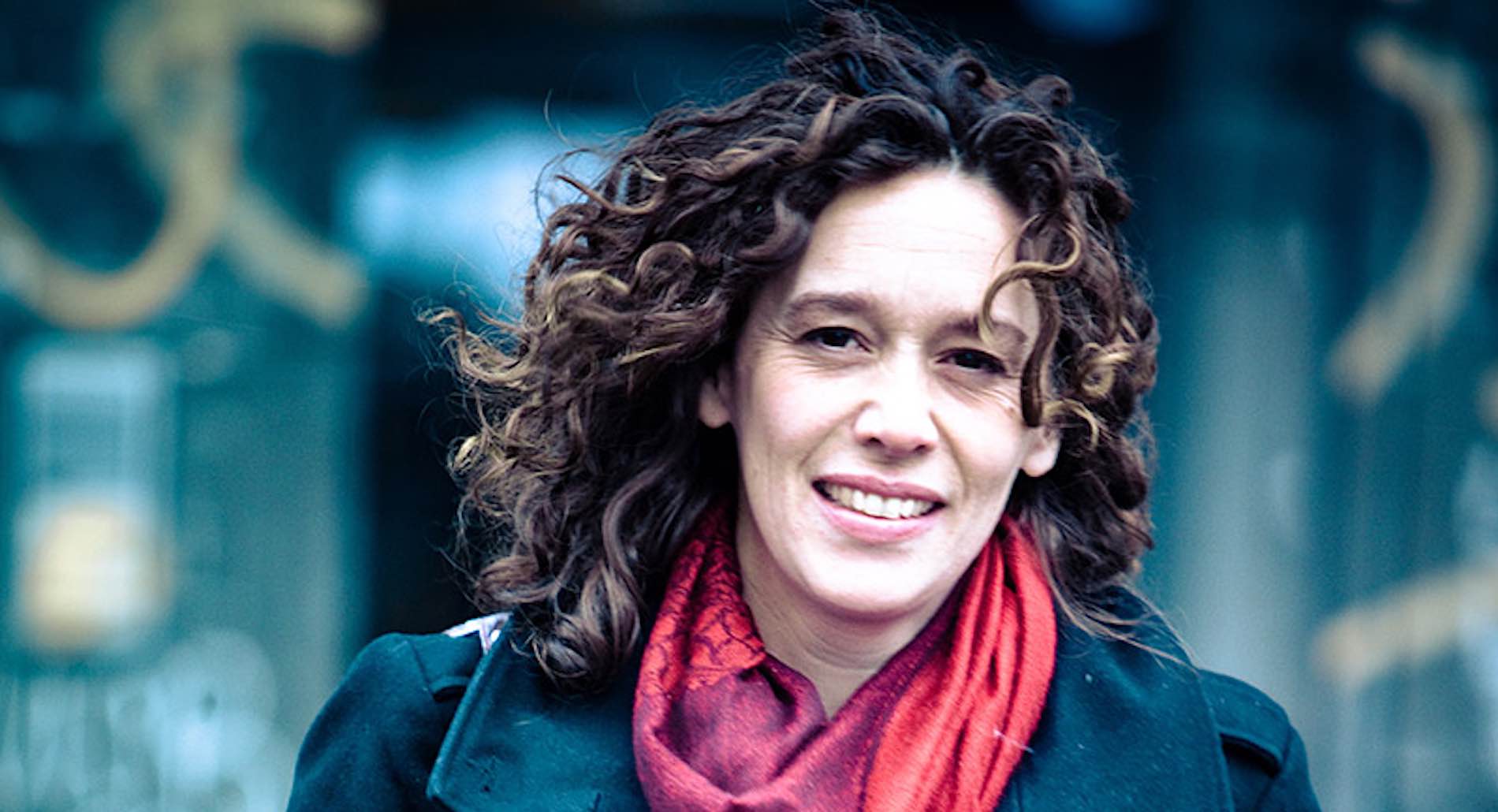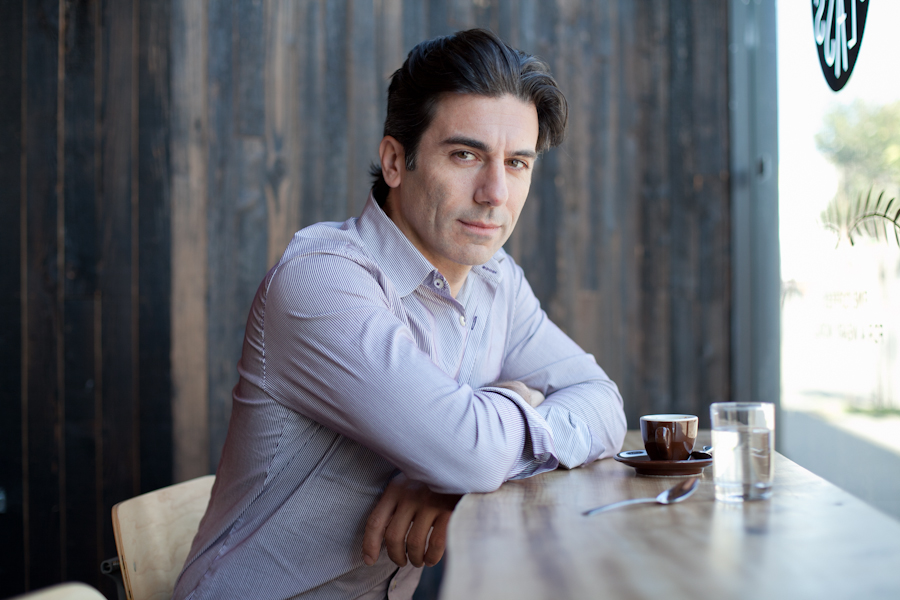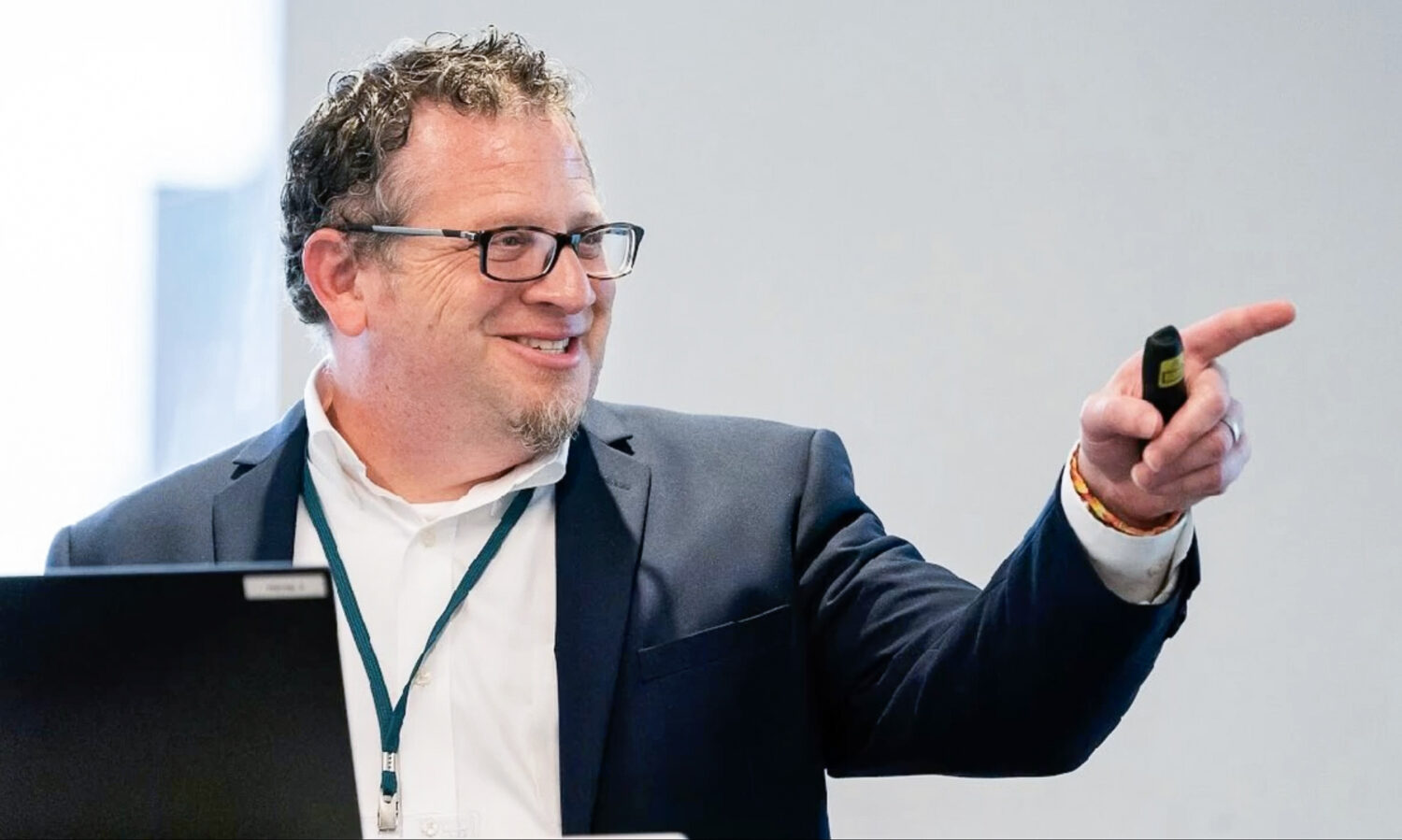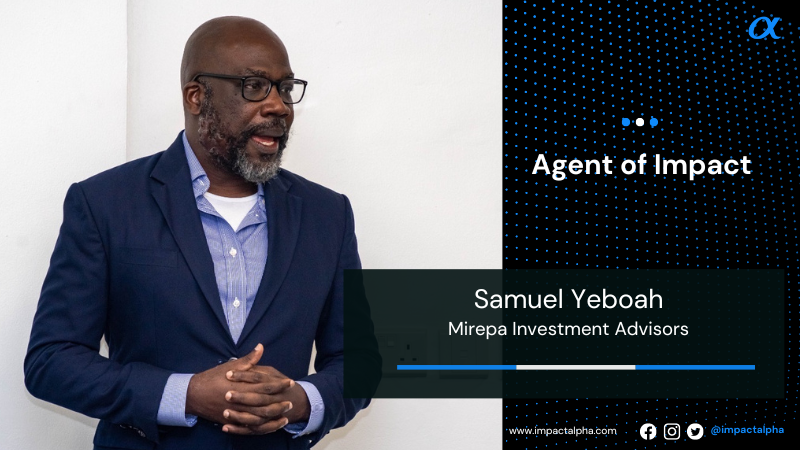ImpactAlpha, January 21 — For years, Marcus Whitney has been the only Black healthcare venture capital partner in Nashville, a city awash in healthcare VC funds. Since 2015, Jumpstart Health Investors, where Whitney is head of strategy, has invested in more than 150 early-stage healthcare companies.
Whitney has long known there is a major venture capital allocation gap to Black healthcare founders that needed closing. His latest project, Jumpstart Nova, raised $55 million this week to invest exclusively in Black healthcare founders, including from healthcare heavyweights like Eli Lilly, HCA Healthcare, Cardinal Health, Atrium Health and Henry Ford Health System.
What changed? The movement of capital to Black fund managers, entrepreneurs and communities as a result of the murder of George Floyd. “It’s terrible that it required the murder of a human being to move people to recognize a problem that was there before the person was murdered,” says Whitney. “Change agents have to always be ready to move when the moment presents itself.”
Whitney moved to Nashville in September 2000 as a college dropout with a one-year-old son, with another on the way. He recalled working double shifts, waiting tables six days a week and studying to become a programmer. “My children were the motivation for me,” he told ImpactAlpha.
He got his first job as a programmer at HealthStream, a Nashville-based company that helps healthcare employers upskill their employees.
In 2007, he launched his own company with a team of developers to build software for other startups. That led him two years later to launch Jumpstart with his partner, Vic Gatto, first as a tech accelerator and then as a venture investor. Along the way, Whitney wrote a book about entrepreneurship, “Create and Orchestrate,” and helped bring major league soccer to town as an owner of Nashville SC.
With Kathryne Cooper, Whitney raised backing for Jumpstart Nova in about 18 months. The thesis: invest in Black healthcare founders and connect them with industry leaders.
Early portfolio companies are working on equitable access to clinical trials, novel cell and gene therapies, support for families with autistic children and responses to food allergy attacks.
Whitney resists suggestions that the fund should focus only on racial health disparities. “This fund is investing in Black-founded and -led companies,” he says. “We want to build an institution to lead the way for more equitable distribution of power, with capital being a form of power in the healthcare industry.”

